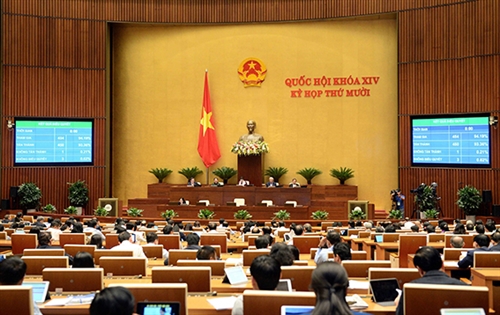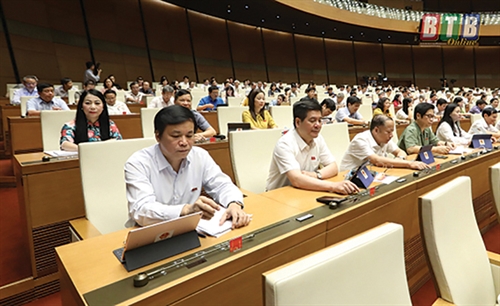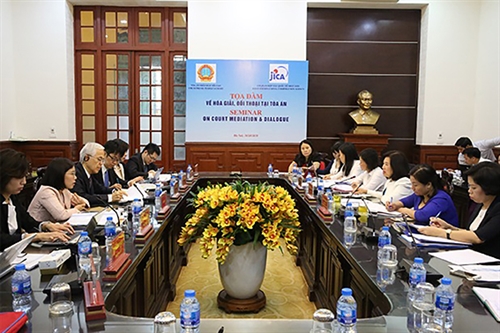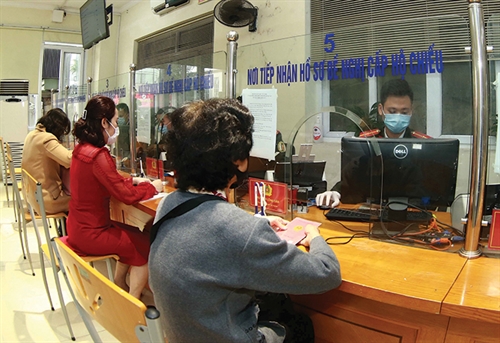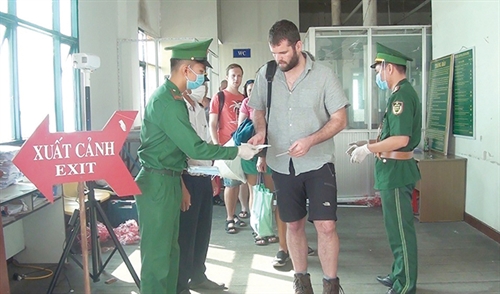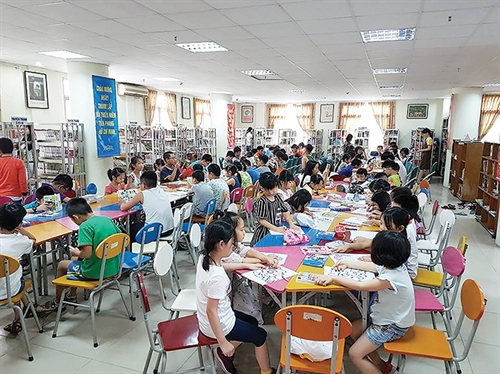The Law Revising a Number of Articles of the 2014 Law on Organization of the National Assembly (the Revised Law) was passed in June 2020 and took effect in January this year.
The Revised Law amends and supplements 20 articles of the 2014 Law. Amendments focus on provisions on National Assembly deputies, National Assembly deputies’ delegations, the Standing Committee of the National Assembly, and the Ethnic Council and Committees of the National Assembly.
On National Assembly deputies
Basically, provisions on the position, role and tasks of National Assembly deputies have not been changed. The Revised Law adds a criterion on citizenship of National Assembly deputies to the criteria specified in Article 22 of the 2014 Law.
As a result, National Assembly deputies now must satisfy the following criteria: (i) To be loyal to the Fatherland, the People and the Constitution, to strive to carry out the renewal cause for the goal of a prosperous people and a strong, democratic, equitable and civilized country; (ii) To possess moral qualities, to be diligent, thrifty, incorruptible, public-spirited, selfless, and exemplary in the observance of law; to have the spirit and be determined to fight corruption, waste and all manifestations of bureaucracy, imperiousness and authoritarianism and other illegal acts; (iii) To possess required educational and professional qualifications, and have full capacity, health, occupational experience and prestige to perform the tasks of a National Assembly deputy; (iv) To keep close ties with the People, to listen to opinions of the People, to gain confidence of the People; (v) To have conditions to participate in activities of the National Assembly; and (vi) To have single citizenship which is Vietnamese citizenship.
Under the Revised Law, from the 15th National Assembly, the number of full-time National Assembly deputies must account for at least 40 percent of total National Assembly deputies, instead of 35 percent as currently regulated.
Notably, under the new provision of the Revised Law, part-time National Assembly deputies may register for attending conferences of full-time National Assembly deputies to discuss issues of their concern.
On the Standing Committee of the National Assembly
To ensure adherence with the principle of operation of, and reporting regime applicable to, the National Assembly, the Revised Law adds provisions on the Standing Committee of the National Assembly. Accordingly, the Standing Committee of the National Assembly works on a collegial basis and makes decisions by a vote of majority. Its ordinances and resolutions may be passed or adopted when they are voted for by more than half of its total members. At a year-end session of the National Assembly, the Standing Committee has to send its work report to National Assembly deputies. At the final sitting of each legislature, the Standing Committee is required to submit the work report of its tenure to the National Assembly for consideration and discussion.
Compared to the 2014 Law, the Revised Law adds a number of tasks and powers of the Standing Committee of the National Assembly.
According to the Revised Law, the Standing Committee of the National Assembly may decide on and approve the number and list of full-time National Assembly deputies in a National Assembly deputies’ delegation.
Based on practical requirements and situation, the Standing Committee of the National Assembly may decide to convene a meeting of full-time National Assembly deputies prior to each National Assembly session for discussion and giving of opinions on projects, schemes and reports before they are submitted to the National Assembly.
The Revised Law also adds the Standing Committee of the National Assembly’s competence to regulate the cadre management with regard to full-time National Assembly deputies, and the performance of tasks by National Assembly deputies, as well as entitlements, policies and other conditions for National Assembly deputies, particularly full-time National Assembly deputies to do their jobs.
On the Ethnic Council and Committees of the National Assembly
The Revised Law changes the names of two Committees of the National Assembly as from its 15th tenure. The new name of the Committee for Culture, Education, Youth and Children is now the Committee for Culture and Education. The Social Committee replaces the current name of the Committee on Social Affairs.
Regarding responsibilities of the Ethnic Council and Committees of the National Assembly, the Revised Law also has several new provisions.
The Ethnic Council and Committees of the National Assembly have to take part in verifying contents in the fields under the charge of the Ethnic Council or Committees in draft laws, ordinances and resolutions which other agencies of the National Assembly are in charge of verifying. In the course of verifying draft laws, ordinances and resolutions, they have to ensure constitutionality, legality and consistency of such drafts with the current legal system.-

